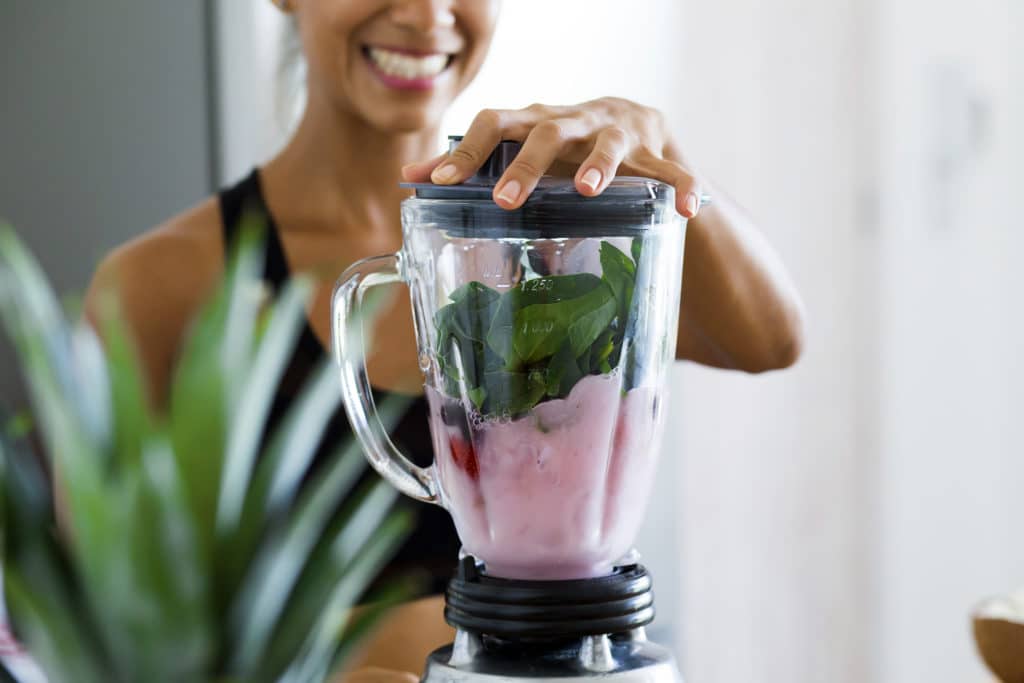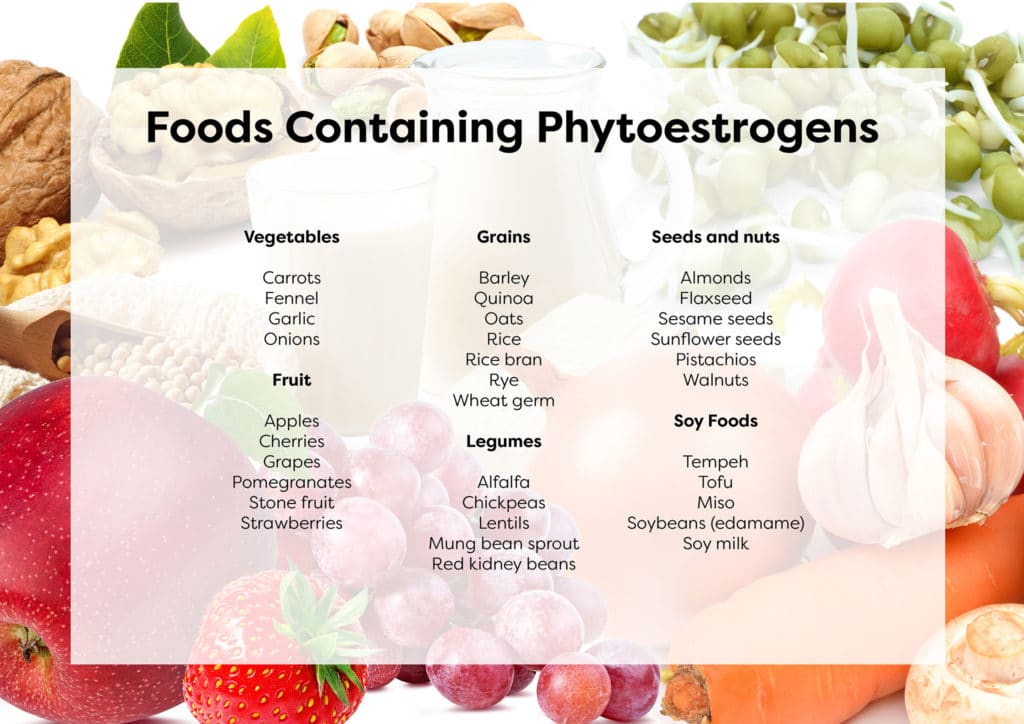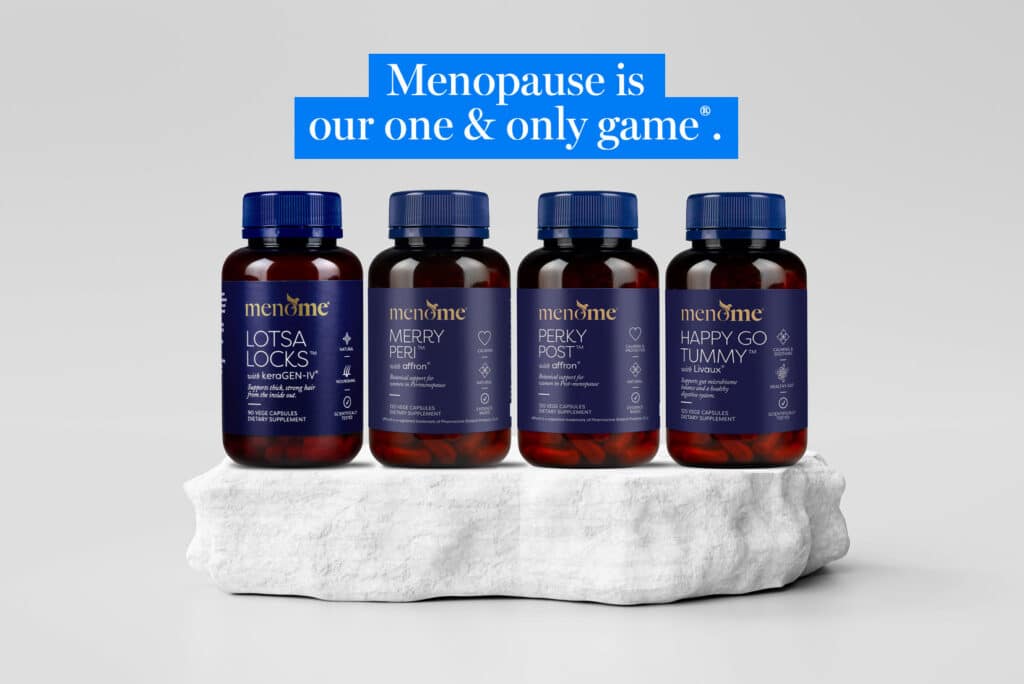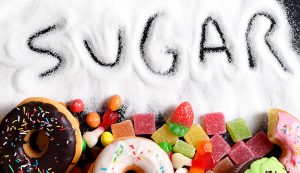Diet and food is pivotal to your menopausal journey. Fact.
Regular readers will know perimenopause (peri) – or the several years leading up to menopause – is all-important to our entire menopause experience. Perimenopause usually occurs during our 40s, or even late 30s It’s a time when making dietary adjustments can be crucial to how turbulent those hot flushes can be or how our mood rolls.
What’s happening during peri?
The hormonal shifts of perimenopause begin to occur in our late 30s but you may not begin to notice symptoms until around 45. In some cases, this can be a little earlier. On average women reach menopause in Australasia around 51/52. Perimenopause symptoms usually begin about four years before.
Pullout: Menopause itself only refers to your last period which you will only know has occurred 12 months afterwards when you’re in post-menopause.
Diet is key
Peri is a time of enormous physical change as our sex hormone production lessens and we may experience physiological changes including weight gain, bloating and indigestion as blood sugar imbalances and digestive issues become common. This is why the type of food we choose to eat can make such a difference. It’s also why dietary habits may need adjustment to make the transition easier.
You are what you eat (absorb)
Never has the old adage ‘you are what you eat’ been more important because perimenopause can mean altering years of long-held foodie habits to help smooth the transition. A tub of ice cream? Wine by the bottle? An entire bar of Caramello? The simple truth is we can’t get away with a lot of our old indulgences anymore. It’s time to clean up our act.
But it’s also important to note that our digestion changes as well. So, if your gut’s not happy then you may not be absorbing nutrients from food as well. And that’s why we created the amazing prebiotic/probiotic combo that is Happy Go Tummy®. Because optimal gut health is key to a happy peri/menopause.
Here are five shifts you can incorporate in your diet for your best menopause experience:
1. Cue the phytoestrogens
While we’re not saying everyone needs to turn vegetarian, it’s well-documented that a plant-based diet or certainly a diet heavily skewed to plants can be helpful in minimising menopausal symptoms. Plant foods are abundant in naturally occurring estrogens – phytoestrogens – which are similar in structure to our body’s natural estrogen and bind to the same receptors.
In fact, some schools of thought believe a diet high in plants, tofu and soy may be why Asian women don’t typically have as severe menopausal symptoms as Western women. Jean Hailles, of the well-known women’s health centre in Australia cover it off well on their website.
“In a perimenopausal or post-menopausal woman, when her own body’s estrogen is low, phytoestrogens may help ease the symptoms of low oestrogen in about one in three women. This is because about a third of the population has the specific gut bacteria that can metabolise the isoflavones (a type of phytoestrogen) in soy to a more potent phytoestrogen called equol. The amount of isoflavones needed daily to achieve therapeutic effects is contained in about 200g of tofu, or 100g of tempeh,” they say.
“Some studies have shown potential benefits of phytoestrogens in regard to cardiovascular risk, bone density and menopausal symptoms. About a third of women who eat a diet that delivers amounts of phytoestrogens typical of an Asian diet (particularly from soy foods) find that their menopausal symptoms improve. This is because only about one third (and possibly up to a half) of all people have the specific gut bacteria that converts soy isoflavone (phytoestrogen) diadzien, to the more potent form, equol.”
Additionally, if you’re overweight go easy on high estrogen foods until you reduce as fat cells can be high in estrogen.
2. Go for protein, fat & fibre (PFF), zero sugar & unrefined carbohydrates
Protein is essential as it’s the building block of our hormones and tissues and we need more of it as we grow older. Many of the healthy fats provide us with essential fatty acids (EFAs) which our body can’t make themselves and Fibre helps move food through our digestive system. Bonus – the PFF team keep us fuller for longer.
The antidote? Fall in love with your PFF’s: tofu, tempeh, eggs, salmon and fish, avocado and hemp seed, olive and walnut oils and fruit and vegetables.
Overall, add in phytoestrogens to create PPFF’s.
We recommend reading these articles:
3. Say no to processing
Processed foods are often based on refined carbohydrates and sugars and can be high in salt and preservatives. This can be difficult for your digestive system to process and may make your symptoms worse. Enough said.
4. Minimise stimulants
Caffeine, spicy foods and alcohol are known hot flush triggers. They also mess with your central nervous system lessening your already reduced tolerance for stress and disrupt your sleep. All three are things that many menopausal women struggle with.
5. Count on calcium & magnesium
During menopause, declining levels of estrogen see us becoming increasingly at risk of osteoporosis which is why the health of our bones becomes a big concern. Getting enough vitamin D from sunshine and supplements along with minerals like calcium and magnesium can help keep bones strong. Many people think of milk when it comes to calcium but one of the best sources is dark leafy greens like spinach and kale.
What’s more our Perky Post® contains the winning duo, vitamin D3 and vitamin K2 to help with bone health and calcium uptake.
You got this girl.
Do you want more help navigating this journey?
Click here to make an appointment with our health & menopause coach.
Share with a friend
Sign up for for weekly wisdom drops & news 🙂





